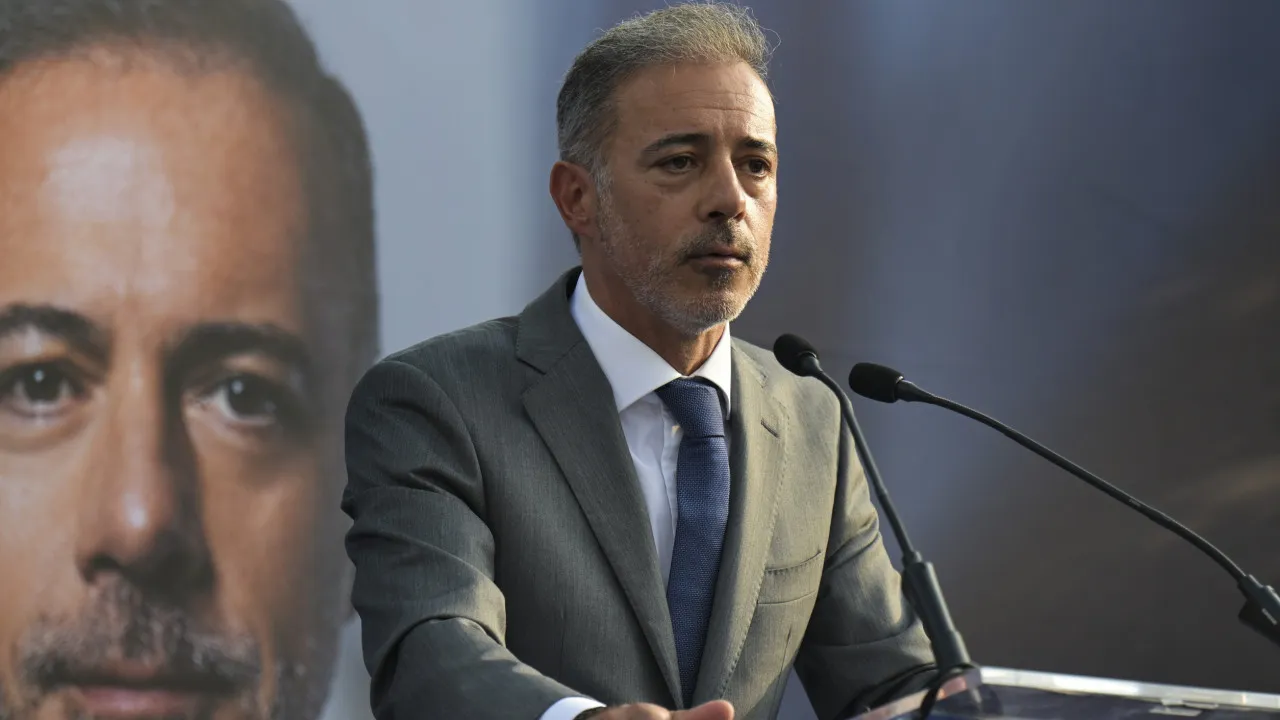
The leader of Portugal’s Liberal Initiative (IL) parliamentary group, Mariana Leitão, addressed journalists in parliament, discussing the government’s recent measures, including a revision of the nationality law requiring more years of legal residence for citizenship, stricter family reunification rules, and the potential loss of Portuguese citizenship as a judicial penalty for serious crimes committed by immigrants.
As a candidate for the IL leadership, Leitão expressed a general agreement and readiness to endorse the proposals approved on Monday by the Council of Ministers, while awaiting the specifics of the proposed laws that must pass through parliament.
Leitão noted that the information presented does not seem to have any issues directly conflicting with the constitution, although this will ultimately depend on the specifics of the legislative proposal.
“Currently, exceptional measures are being presented for a situation that is uniquely exceptional, primarily created by the Socialist Party, although with the complicity of the other leftist parties,” she criticized.
The IL deputy argued that the previous “interest manifestation” system did not serve the interests of the country or the immigrants.
“We also faced the abolition of the Foreigners and Borders Service (SEF), which proved catastrophic for border control surveillance, causing significant harm to the country. Furthermore, alterations to the Nationality Law were made,” she stated, adding that these factors together created an “exceptional” and “uncontrolled” situation.
According to Leitão, immigrants entering Portugal were “completely at the mercy of human trafficking networks and labor exploitation, living in sub-human conditions.”
“Therefore, it is clear that action is necessary. We have warned several times during the campaign, and thus these recently presented governmental measures seem to align with what should be done to restore some stability to the country,” she asserted, expressing willingness to follow them in parliament.
Leitão emphasized that the public health and education systems must be capable of meeting the immigrant population’s needs.
For these reasons, IL supports the introduced family reunification restrictions in the face of the “chaotic” situation, advocating for phased implementation rules.
“Overall, we agree with the direction the government is taking,” she reiterated, also supporting the potential revocation of nationality for committing certain crimes with prison sentences of five years or more.
The IL parliamentary leader highlighted the “critical importance” of immigrants to Portugal and its economy, yet argued for the necessity of rules to safeguard immigrants themselves.
When asked whether these measures reflect a concession to the far-right, as accused by other parties, she disagreed.
“That thinking is extremely dangerous because it assumes certain topics belong only to one extreme or another, which is untrue. We must be responsible. There is a real issue with the completely unregulated entry of immigrants to the extent of us not even knowing who these people are, where they are now, or under what conditions they are living,” she stated, asserting that the government’s measures are not concessions to any extreme but rather attempts to resolve a problem.




